The committee stage in the House of Lords starts on Monday. The list of proposed amendments stands at 85 pages. We will be keeping an eye and reporting on the progress of the bill and progress can be tracked on the new House of Lords pages here. The bill itself (if you need it for reference) is here. So here is a round up ahead of the debates next week
- My blog for the BU research blog on the Commons third reading
- The Guardian 31st December
- UUK blog and briefing 6th December raises the same 7 issues that they raised in the commons (which we support) -the briefing is attached. UUK also flagged three of these issues in a joint letter to the Guardian with GuildHE, calling for the Lords to amend the Bill to address probationary degree awarding powers, to stop the OfS validating degrees and to stop the government interfering in academic standards and course funding. Their 7 original issues were:
- Ensuring the powers of the Office for Students and the Secretary of State are compatible with the principle of university autonomy
- Separating ‘quality’ and ‘standards’ in the bill, and ensuring that academic standards continue to be owned by the sector
- Protecting students, employers and the reputation of the sector by ensuring a suitably high bar to for new entrants
- Strengthening checks and balances for giving and removing Degree Awarding Powers and University Title
- Removing the ability for the OfS to validate degrees and clarifying its role as regulator
- Ensuring the duties of the OfS reflects the diverse range of activities carried out by universities
- Ensuring that the autonomy of the research councils is protected within the new UKRI structure.
The written evidence and transcripts of the Committee’s sittings are available on the Higher Education and Research Bill 2016-17 page of the Parliament website. This includes BU’s submission – we were one of only 11 HE institutions to submit individual responses (out of 63 sets of evidence). We did not attempt a comprehensive review as this was evidence submitted to the Public Bill Committee and not a consultation, so we addressed a selection of the relevant issues, but one of them was the way that the TEF approach muddles standards and quality – and these issues are noted in the Wonkhe blog on the difference between quality and standards. We were also concerned about the link between fees and the TEF, as noted, with other concerns, in our green paper response (see the VC’s blog for HEPI on this).
Amendments
This includes a number of government amendments, some of which are fairly technical (as happened in the House of Commons) and as in the commons there are a number of amendments that relate to things that are not covered in the Bill (and that the government will resist) – e.g. issues relating to immigration, student loans (Wes Streeting MP: Labour Lords will fight student loan repayment ‘scandal’), Syrian refugees, registering students on electoral registers, Sharia finance. Some of these amendments are very similar to those raised in the House of Commons – e.g. the OfS reporting on international student numbers. Several issues were previously raised, and dismissed, in the green paper process such as changing the name of the “Office for Students” to “Office for Higher Education” and suggesting that all registered providers should be subject to the same freedom of information requirements as universities are now. Changes relating to Brexit and immigration include “a condition that requires the governing body of the provider to collaborate with other registered higher education providers and with the OfS in the promotion of English higher education abroad through the GREAT Britain campaign, the British Council, or otherwise”.
New and interesting proposals include amendments to transfer all the powers of the Competition and Markets Authority relating to universities to the OfS, and to disapply the Prevent strategy.
Research Professional have an article about the government amendments to the bill strengthening the role of the OfS director – which have been welcomed across the sector.
In terms of changes to the detail of the Bill itself
There are some high level changes proposed– which reflect a great deal of sector concern, e.g. including provisions up front which state that universities are autonomous institutions which must uphold the principles of academic freedom and freedom of speech. One amendment states that universities should not be “for profit” organisations.
There are long insertions in the bill relating to a new Quality Assurance Office to replace the Quality Assessment Committee in clause 23. See the Wonkhe blog on the difference between quality and standards
There is a proposal to replace the TEF with ratings on a scale of 1-10 which “may only be awarded for each aspect of each course separately” and “may not be published as an average or otherwise summarised for a course or a provider”. Other TEF related proposals include suggestions about verifying the metrics that will be used (ensuring that they will be linked to teaching quality, statistically valid etc.) and that the TEF arrangements must be approved by Parliament. On this topic:
- a blog was published by the VCs of the University of Essex and East Anglia yesterday which argues that the NSS is an important part of the TEF because it ensures that the student voice is part of the process.
- Times Higher 3rd January – challenging why we need a TEF at all
- the Chair of the TEF panel, Chris Husbands (VC of Sheffield Hallam) has written on Wonkhe – busting 5 myths about TEF.
- Wonkhe have published an interesting analysis of the TEF metrics and benchmarking and how they work complete with data about the current likely outcomes of the TEF.
- Wonkhe report that Professor John Raftery, vice chancellor for London Metropolitan University, has written for the Telegraph on the TEF, calling for the metrics to include a measure for number of qualified teachers in universities – something BU also called for in our TEF consultation response.
- An expert in dyslexia has written a blog for Wonkhe on potential benefits for disabled students as a result of the implementation of the Teaching Excellence Framework with its focus on “split” metrics.
There is a proposal for a joint committee to be established by UKRI and OfS which will look at various aspects of how the Bill is operating and the sector, such as the health of the higher education sector, work relating to equality of opportunity, the health of different academic disciplines, knowledge exchange, skills development (amongst other things).
There are some helpful proposals about the confidentiality of concerns about institutions that may be at risk of sanction by the OfS.
There are extensive proposals for amendments to the information collection and publication requirements for the OfS – including contact hours, mental health of students, academic freedom and freedom of speech,
There are also extensive proposals for amendments to the process and requirements for new alternative providers. See also:
On research structures the amendments are towards the back of the Bill.
- I have noted above the reference to the OfS and UKRI working together, and there are other proposed changes that link the OfS and UKRI such as requiring the OfS to consult with UKRI before awarding research degree awarding powers.
- There are proposals to require particular experience for people on the UKRI board (see the proposed amendments to Schedule 9).
- One amendment requires UKRI to encourage and facilitate co-operation between UK and overseas education and research establishments, and there are amendments requiring UKRI to recognise institutional autonomy.
- One amendment requires UKRI to recognise Research Council autonomy and subsidiarity in decision making. There is a proposal (in clause 95) to ensure that funding is allocated separately to each council, Innovate UK and Research England and cannot be varied without parliamentary approval.
- Similar Brexit/immigration related amendments as for the OfS are proposed relating to reporting on overseas staff and students.
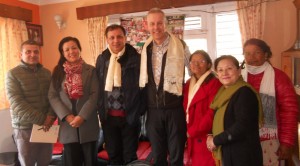

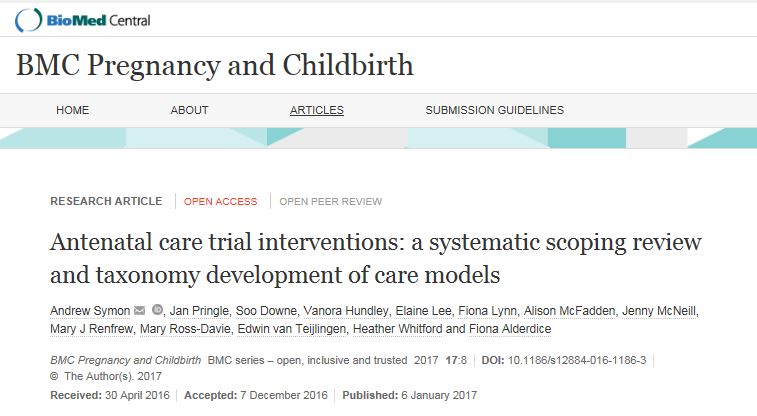
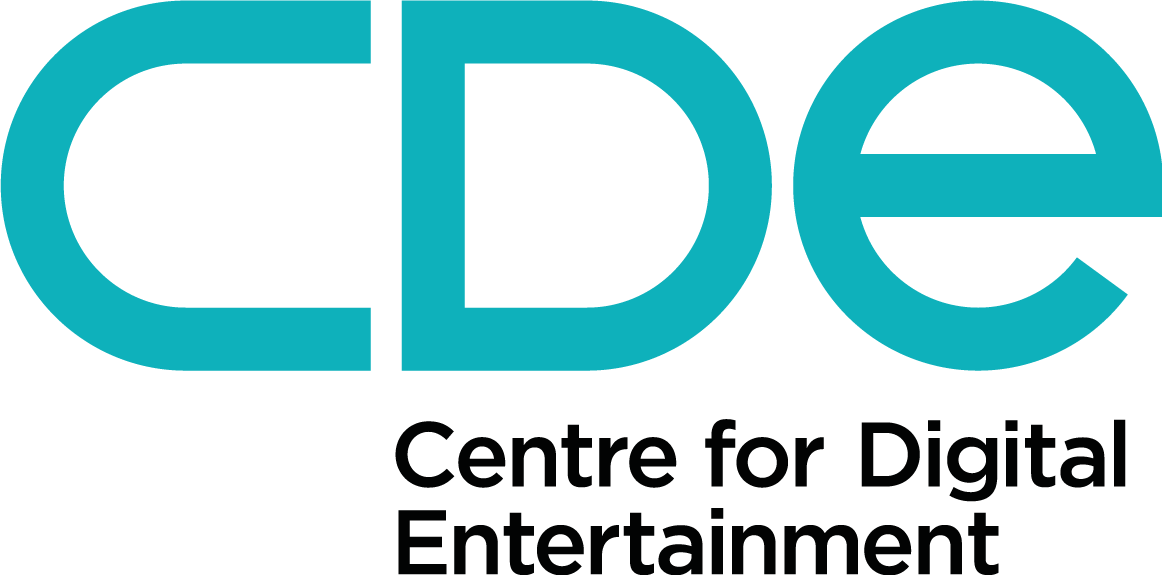



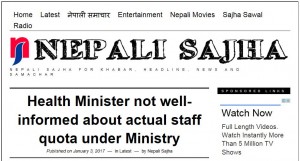
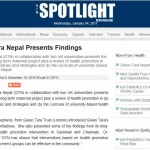
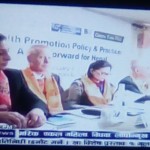
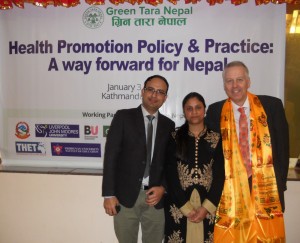
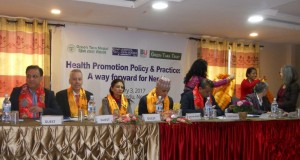

 The EPSRC’s Manufacturing the Future theme is highlighting a future call for a
The EPSRC’s Manufacturing the Future theme is highlighting a future call for a 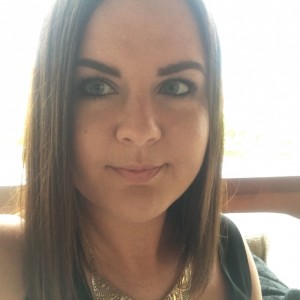 I have recently joined the Research and Knowledge Exchange Office (RKEO) as the Research Facilitator for the Faculty of Health and Social Sciences (FHSS) and the Faculty of Science and Technology (FST), covering Jenny Roddis’ maternity leave.
I have recently joined the Research and Knowledge Exchange Office (RKEO) as the Research Facilitator for the Faculty of Health and Social Sciences (FHSS) and the Faculty of Science and Technology (FST), covering Jenny Roddis’ maternity leave. Event Date: Wednesday the 1st March 2017
Event Date: Wednesday the 1st March 2017










 New Nepal scoping review on maternal & neonatal health
New Nepal scoping review on maternal & neonatal health Fourth INRC Symposium: From Clinical Applications to Neuro-Inspired Computation
Fourth INRC Symposium: From Clinical Applications to Neuro-Inspired Computation Writing policy briefs
Writing policy briefs Upholding Excellence: The Concordat to Support Research Integrity
Upholding Excellence: The Concordat to Support Research Integrity ECR Funding Open Call: Research Culture & Community Grant – Application Deadline Friday 12 December
ECR Funding Open Call: Research Culture & Community Grant – Application Deadline Friday 12 December MSCA Postdoctoral Fellowships 2025 Call
MSCA Postdoctoral Fellowships 2025 Call ERC Advanced Grant 2025 Webinar
ERC Advanced Grant 2025 Webinar Horizon Europe Work Programme 2025 Published
Horizon Europe Work Programme 2025 Published Horizon Europe 2025 Work Programme pre-Published
Horizon Europe 2025 Work Programme pre-Published Update on UKRO services
Update on UKRO services European research project exploring use of ‘virtual twins’ to better manage metabolic associated fatty liver disease
European research project exploring use of ‘virtual twins’ to better manage metabolic associated fatty liver disease